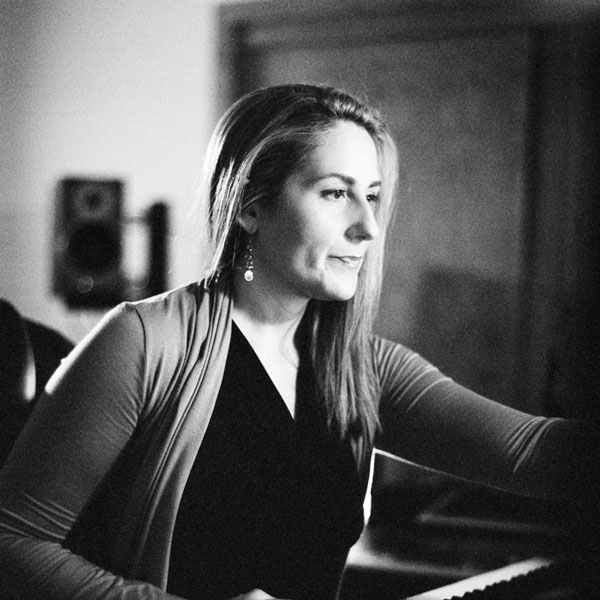Ronit Kirchman is a composer expanding the frontiers of film and television music. Recognized in the press as “an extremely original voice” with “a virtuoso touch”, and “a truly unique force in the entertainment industry”, Ronit is known for her impressive stylistic breadth, depth, and originality; her cutting-edge techniques; and her remarkable multi-disciplinary understanding of storytelling and creative collaboration. She recently completed scoring the popular horror dramedy series Pretty Little Liars: Summer School (Max), as well as an ambitious orchestral hybrid score for the sci-fi drama Fractal. Her latest project is the feature film American Solitaire. Ronit has gained acclaim for her innovative, genre-bending score for the Emmy- and Golden Globe-nominated series The Sinner. Her score for The Sinner was named one of IndieWire’s Best TV Scores of 2020 and 2021. Other projects include Kirchman’s collaboration with Jessica Biel on Limetown, a dystopian thriller based on the hit podcast (Peacock); a powerful horror-drama score for Evil Eye (Amazon/Blumhouse) which won her a Hollywood Music In Media Award for Best Original Score; and Manscaping, a provocative documentary (2023). Her soundtrack albums are available from WaterTower Music, Lakeshore Records, and Wild River Records.
The recipient of multiple awards from the Sundance Institute, New Music USA, BMI, and many others, Ronit has brought her bold exploratory spirit to a wide range of films and documentaries, while drawing on her musical experiences in styles across the map. In the laboratory of her studio, she cultivates an ever-growing ecosystem of instruments. She is a prolific songwriter, music producer, conductor, violinist, multi-instrumentalist, and singer, and continues to compose original scores for the theater, dance, multimedia installations, and the concert stage. Ronit has performed and recorded internationally in many contexts, including free improvisation, classical, live electronica, rock, pop, jazz, world, blues, and country. She has also worked with software developers such as Eventide Audio and Vienna Symphonic Library to provide custom programming and content. As a storyteller beyond music, Ronit is a poet, author, and visual artist.
Growing up in New York City, Kirchman started playing violin at age four. Her teachers included Erick Friedman, a protégé of the legendary Jascha Heifetz. She graduated with her BA magna cum laude at Yale, and her MFA in composition at California Institute of the Arts. As an educator and mentor, Ronit co-founded the AWFC Mentorship Program while on its board.
Equally at home writing for large orchestral ensembles, minting pop hooks, programming electronics, and working with master improvisers from around the world, Ronit brings great versatility, imagination, and precision to all of her projects.
“What I love about film scoring,” she says, “is that each story inspires its own language. Each time I dive into a new story, I discover and develop new modes of expression.”

